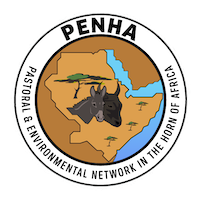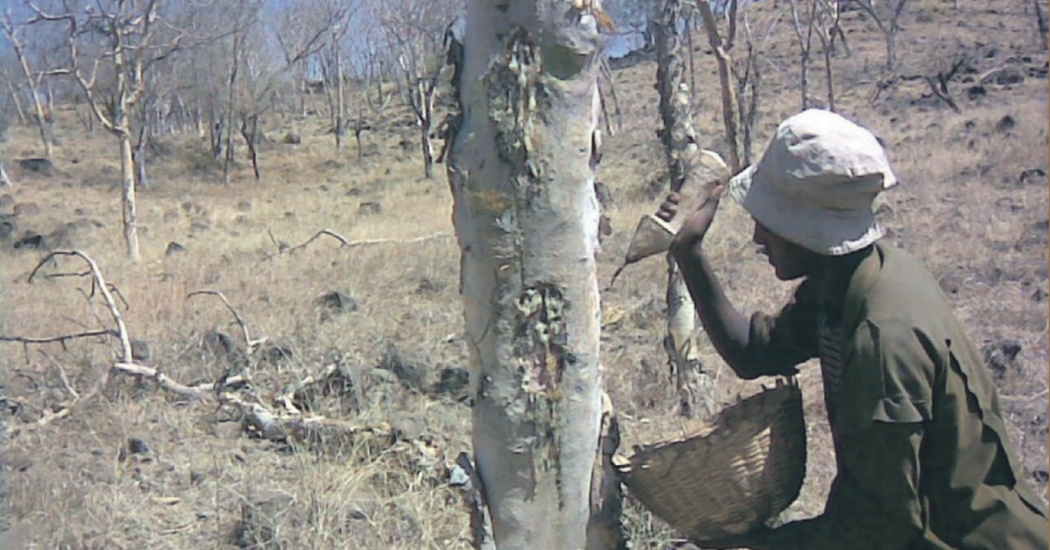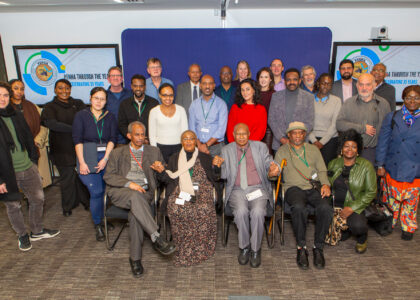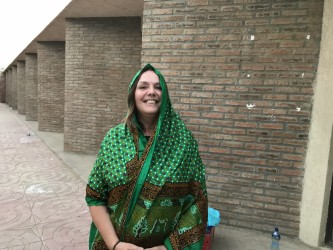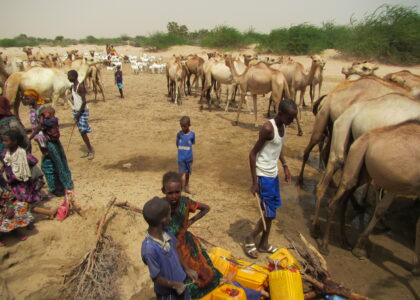A historical perspective on forest governance and reforms for better livelihoods and conservation outcomes
PENHA and Tropenbos International jointly published a book ‘Inclusive frankincense value chain development in Ethiopia‘ – written by Abeje Eshete, Habtemariam Kassa and John Livingstone.
This report provides a comprehensive review of previous studies on the frankincense value chain in Ethiopia, complemented by field assessments, group discussions with producers, key informant interviews and a stakeholder workshop. Analysis of this information allowed a deeper understanding of frankincense production and the conservation status of dry forest resources. Specifically, it examined whether the efforts of governmental organizations and NGOs are inclusive of smallholders if they enhance benefits for local people, and whether this incentivized them to participate in sustainable dry forest management. The study strongly recommends improving arrangements for community involvement, and a shift from collaborative management of state-owned forests to community-owned and managed forests at village or kebele levels. This would also help local communities to benefit from expanded use and management rights provided for community forestry under the 2018 Forest Proclamation.
Citation: Eshete A, Kassa H, Livingstone J. 2021. Inclusive frankincense value chain development in Ethiopia. A historical perspective on forest governance and reforms for better livelihoods and conservation outcomes. PENHA, Addis Ababa, Ethiopia and Tropenbos International, Ede, the Netherlands.
